
In 2011, Sirens examined monsters and their meaning in speculative literature, with Guests of Honor Justine Larbalestier, Nnedi Okorafor, and Laini Taylor (and in our 2013 reunion year, Guest of Honor Alaya Dawn Johnson represented monsters). We deconstructed the monsters and the monstrous feminine, discussing how frequently society deems both femininity and a refusal to conform to feminine “ideals” monstrous.
In 2011, we suggested a number of books that included feminine monsters. For Sirens at Home, though, we want to feature 10 books that we think have something to say about monstrousness and how society uses that construct to oppress marginalized identities. Here are those books, as well as their opening words—and we’ve included links to those works at Bookshop in the titles. Bookshop supports both Sirens and independent bookstores, so if you’re looking to purchase any of these titles, they’re a great option!
1. Liar by Justine Larbalestier |
||
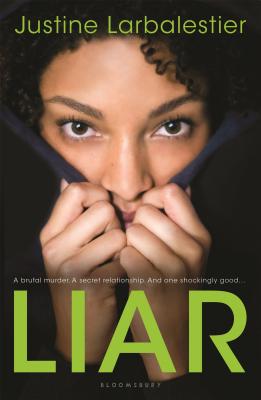 |
“I was born with a light covering of fur. After three days it had all fallen off, but the damage was done. My mother stopped trusting my father because it was a family condition he had not told her about. One of many omissions and lies. My father is a liar and so am I. But I’m going to stop. I have to stop.” | |
2. Monstress: Awakening by Marjorie Liu and Sana Takeda |
||
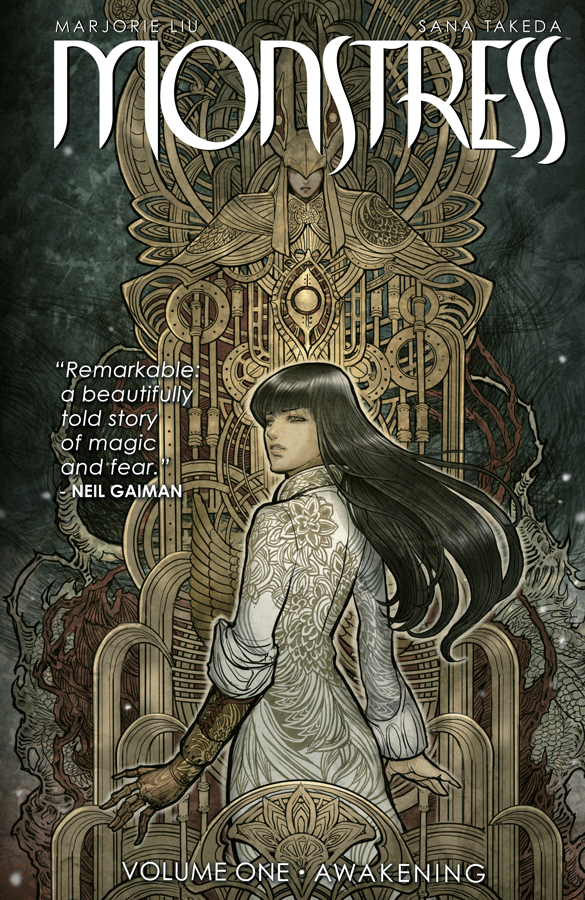 |
“It took three years to find a name. Another two years to find the person. And now I’m here.” | |
3. Sawkill Girls by Claire Legrand |
||
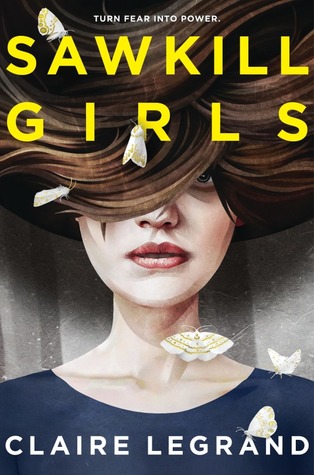 |
“Everyone knows about the island of Sawkill Rock: The silly old legends of its healing waters, which are impossible to altogether dismiss when one considers the people of Sawkill themselves—their hard white teeth and supple limbs. The brazen, easy way they walk and shop and love. Their flagrant indifference toward life beyond the Rock, and their deft handling of even the bleakest tragedy: Oh, what a shame that was, they say, and bow their shining heads for a moment before gliding on, untroubled.” | |
4. Strange the Dreamer by Laini Taylor |
||
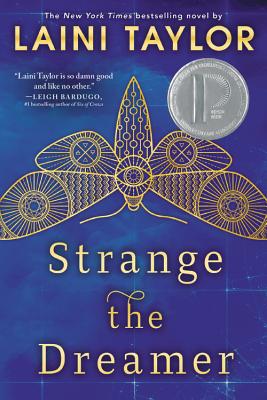 |
“On the second Sabbat of Twelfthmoon, in the city of Weep, a girl fell from the sky. Her skin was blue, her blood was red.” | |
5. The Golem and the Jinni by Helene Wecker |
||
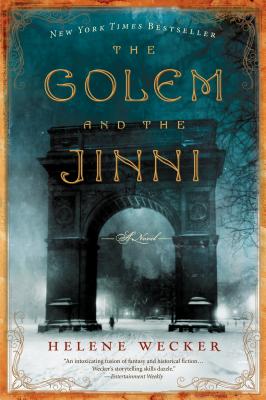 |
“The Golem’s life began in the hold of a steamship. The year was 1899; the ship was the Baltika, crossing from Danzig to New York. The Golem’s master, a man named Otto Rotfeld, had smuggled her aboard in a crate and hidden her among the luggage.” | |
6. The Luminous Dead by Caitlin Starling |
||
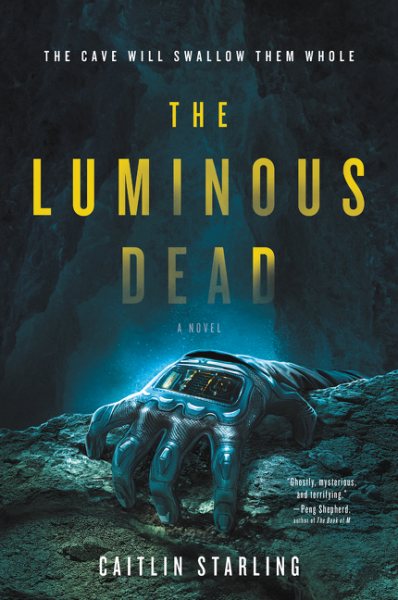 |
“She’d never gone this deep. Gyre wriggled her armored body another centimeter into the crevice, then eased her bag of gear after her. The plating on the back of her calf scraped over the stone, and she winced at the noise. Nobody had warned her that the opening to the lower cave system was so small—or empty. To be fair, she hadn’t gotten a lot of warning or preparation. She’d been too eager to get below the surface to question if there should have been more than the limited orientation she’d received.” | |
7. The Mere Wife by Maria Dahvana Headley |
||
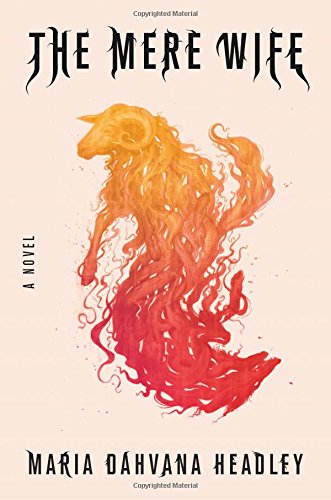 |
“Say it. The beginning and end at once. I’m facedown in a truck bed, getting ready to be dead. I think about praying, but I’ve never been any good at asking for help. I try to sing. There aren’t any songs for this. All I have is a line I read in a library book. All shall be well and all shall be well and all manner of thing shall be well.” | |
8. Trouble the Saints by Alaya Dawn Johnson |
||
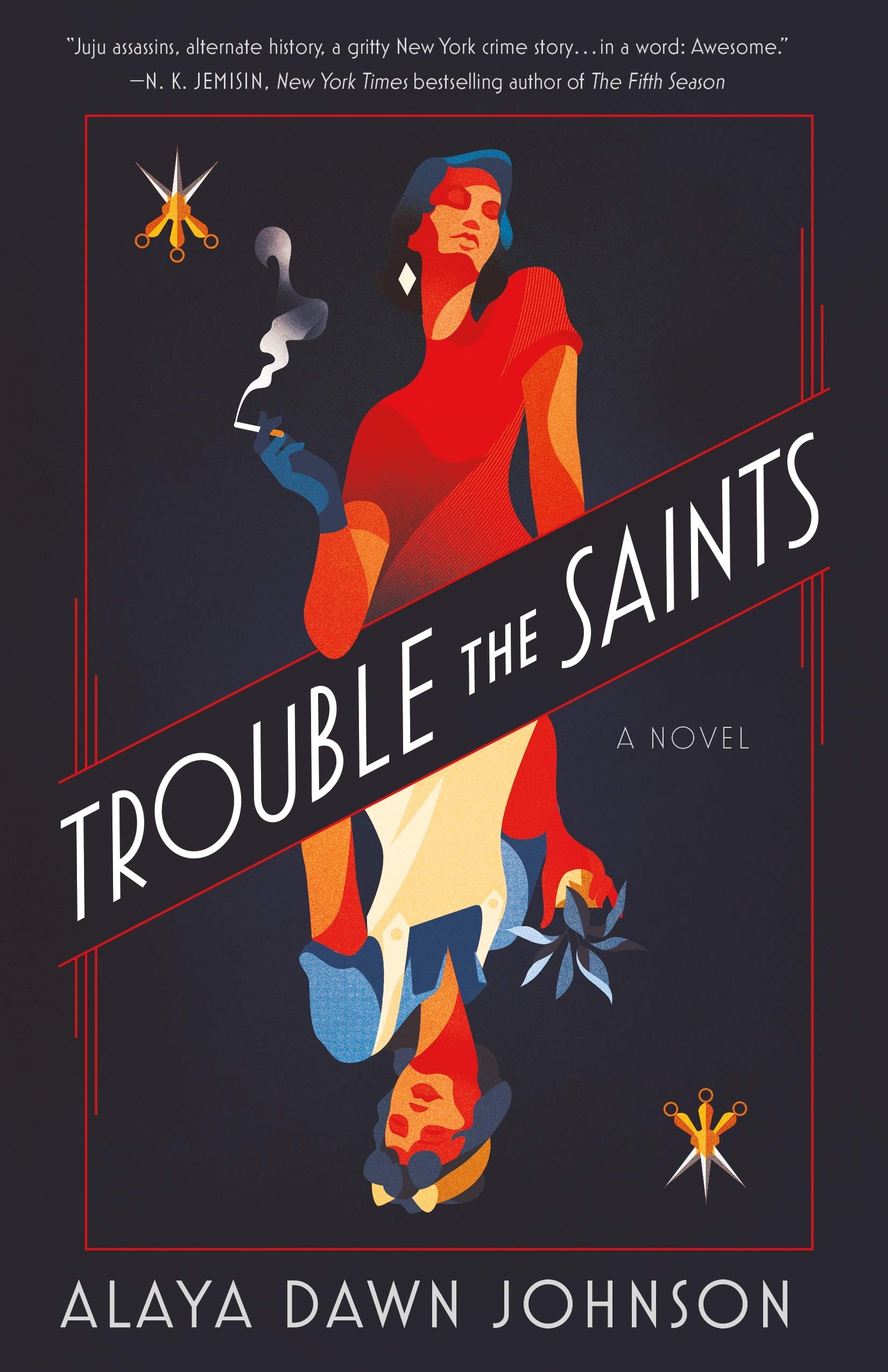 |
“Seven. That’s what we’re starting with. I woke with the dream late on a Thursday night, sometime in July. It’s a good one, as far as sevens go. The angel joker for the zero, plus seven of spades, that’s seven, clean as the air you breathe. Well, cleaner, if you breathing in Harlem.” | |
9. Who Fears Death by Nnedi Okorafor |
||
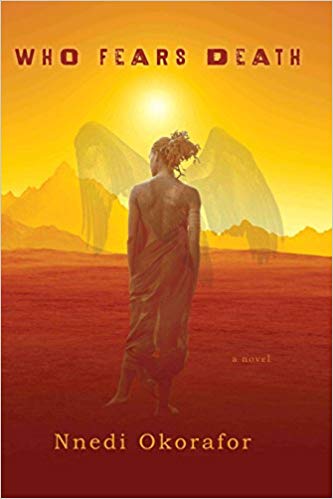 |
“My life fell apart when I was sixteen. Papa died. He had such a strong heart, yet he died. Was it the heat and smoke from his blacksmithing shop? It’s true that nothing could take him from his work, his art. He loved to make the metal bend, to obey him. But his work only seemed to strengthen him; he was so happy in his shop. So what was it that killed him? To this day I can’t be sure. I hope it had nothing to do with me or what I did back then.” | |
10. Wilder Girls by Rory Power |
||
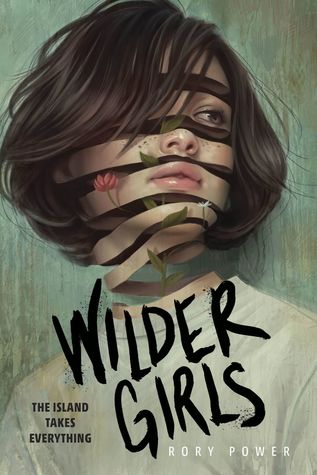 |
“Something. Way out in the white-dark. Between the trees, moving where the thickets swarm. You can see it from the roof, the way the brush bends around it as it rustles to the ocean.” | |
For more information about our 2011 conference, including the programming presented that year, please see our 2011 archive page.







Connect with the Sirens community
Sign up for the Sirens newsletter